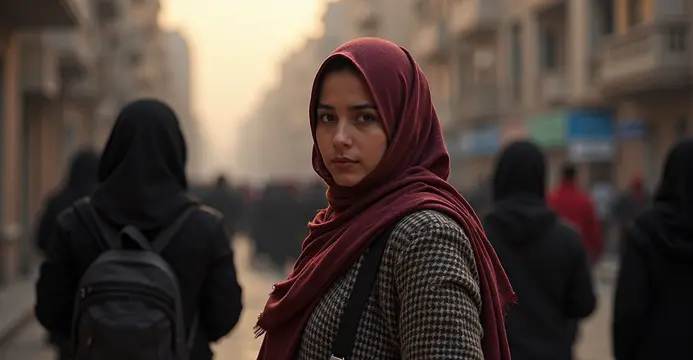
Egypt Threatens TikTok Ban Over Content Moderation
Egypt has issued TikTok an ultimatum to implement stricter content moderation within three months or face a nationwide ban. Unlike European regulations focused on privacy, Egypt demands compliance with its "moral and social standards" to protect traditional family values.
Crackdown on Influencers
Authorities recently arrested eight TikTok creators - six being women - under vague "family values" legislation. Human rights organizations condemn these arrests as class discrimination, noting they primarily target women from lower-middle-class backgrounds.
Controversial Legal Framework
The crackdown stems from Egypt's 2018 cybercrime law that criminalizes "violating family principles" and "publishing immoral content." Convictions carry severe penalties, including:
- Multi-year prison sentences
- Heavy fines up to EGP 300,000
- Content removal orders
Gender Disparity in Enforcement
Egypt ranks 139th in the 2025 Global Gender Gap Report. Despite government claims of empowering women through political representation, social norms enforce strict behavioral codes:
- Conservative dress expectations
- Restricted nighttime mobility
- Emphasis on marital roles
Higher socioeconomic classes experience slightly more leniency in these unwritten rules.
Previous Convictions
In 2020, influencers Mawada al-Adham and Haneen Hossam received 6-10 year sentences for allegedly promoting prostitution through video chat services. Over 150 creators have faced similar charges since 2020 according to the Egyptian Initiative for Personal Rights.
Unlikely Implementation
Analysts doubt an actual ban will occur due to TikTok's popularity among Egypt's 33 million users. With economic pressures mounting, authorities likely avoid further public discontent while signaling increased scrutiny toward female creators.

 Nederlands
Nederlands
 English
English
 French
French
 Deutsch
Deutsch
 Espaniol
Espaniol
 Portugese
Portugese








